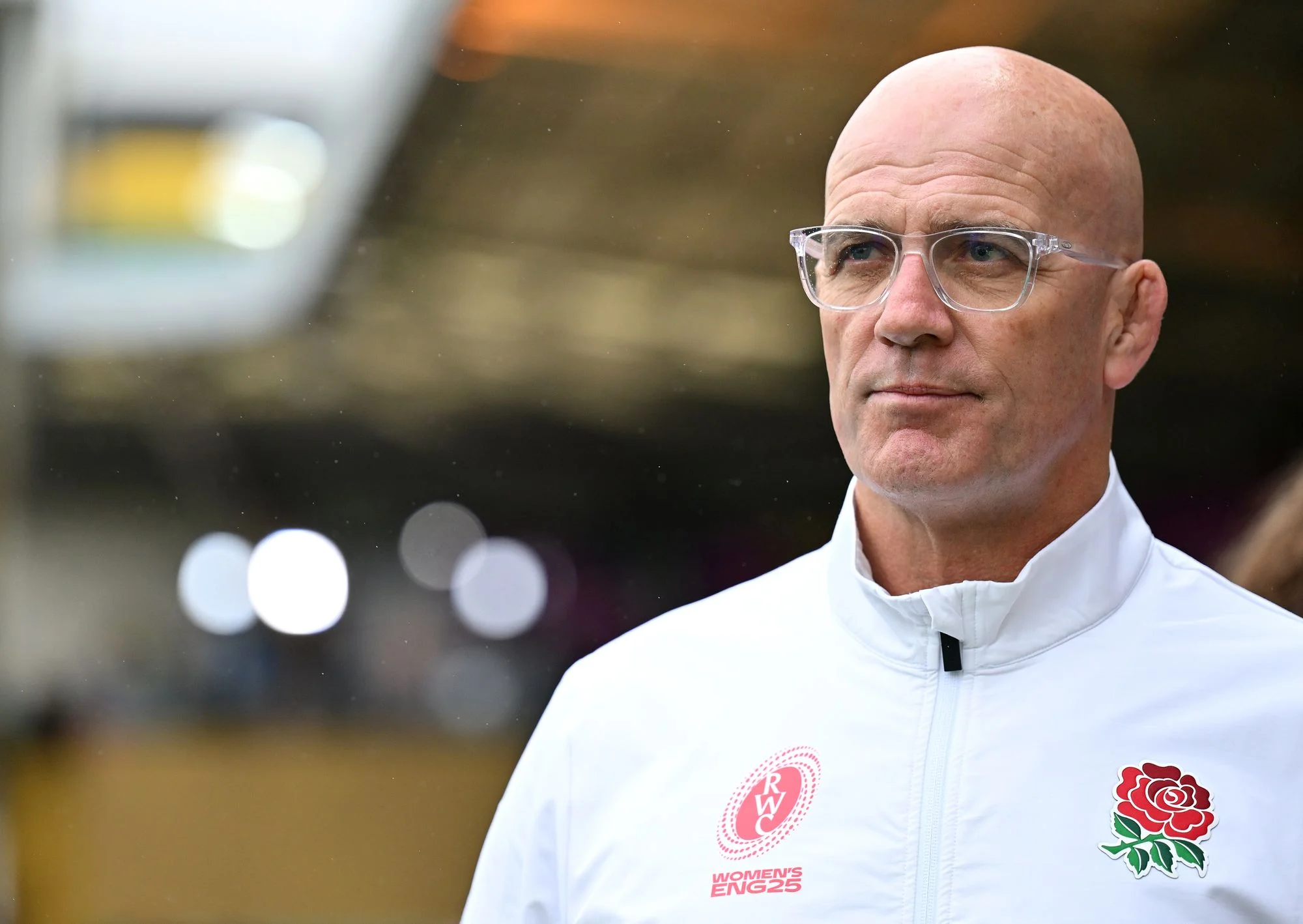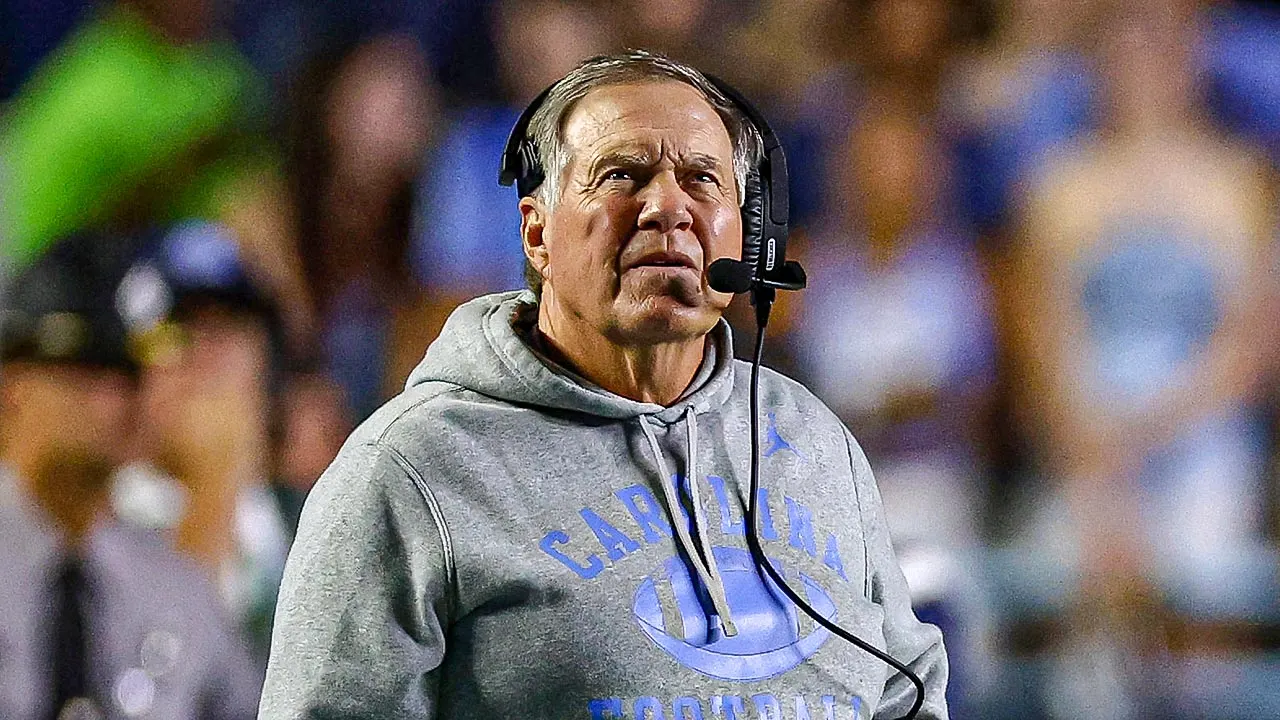England head coach John Mitchell: ‘Ultimately, I want to see these girls realise their potential’
By Harry Latham-Coyle
Copyright independent

In a long, distinguished and varied coaching career, there is one thing that John Mitchell is yet to achieve. The 61-year-old Kiwi’s post-playing life has spanned roles on five continents and nearly 30 years but the World Cup crown that all coaches covet has so far eluded him.
It could have come in 2003, when he led his native New Zealand across the Tasman with hopes of glory and returned from Australia bundled out by the hosts at the semi-final stage, before soon being bundled out of a job himself. It took time for Mitchell to rebuild his reputation before another shot came as an assistant to Eddie Jones with England’s men in 2019 – only to fall short against South Africa in Yokohama having arguably played their World Cup final a week early.
But the fates have aligned again for Mitchell to earn another World Cup shot as the leader of a Red Roses side as yet unbeaten under his direction. On taking the role in 2023, the head coach vowed that he would do all he can to take the team to the level required to end their major tournament woe; Saturday’s final against Canada will be the final examination to test their progress.
“For me, at my age, it wasn’t for me to prove anything to anyone,” Mitchell reflects on the decision to go for the role he has fulfilled over the last two years. “It was my choice to apply for the job way back, and when I went through the appointment process, which was very thorough, the more that I was in the process my why became greater.
“I understood more about why this team has been good, but then also I could see an avenue where I could offer something which could grow them, help them to reach their full potential and help them become great.”
The curse of being Red Roses coach is that the scale of their superiority means you are ultimately judged on one match every four years. That was a test that Simon Middleton, Mitchell’s predecessor, twice failed; while he is contracted through the end of next year’s Six Nations, the current occupier of the lead coaching role would be unlikely to get another opportunity to lead this side should they fall short at Allianz Stadium in front of an expectant home crowd.
A changed coach from earlier in his career anyway, working in the women’s game for the first time has reinforced the values that Mitchell now carries. An ability to be open, clear and show vulnerability are key qualities within his squad.
“Firstly, it comes from the leadership.” he explains. “The leadership needs to also be vulnerable. So I think that starts with myself. That reflection I think has allowed them to also do that as well.
“I think a lot of it comes back to when we first started. You can set a course, can’t you? But the proof in the pudding is actually: what do you look like, what do you feel like, and how do you act determines your behaviour. And I think over the course of that three years, because we’ve lived that starting point and that’s guided us throughout, it’s allowed the girls to be that way. So I think the culture’s definitely won as a result of that.”
There are lessons Mitchell can take from all of his experiences in rugby and beyond as he prepares for the task at hand. In a wide-ranging discussion ahead of the final, he reflects on his early work life as a quantity surveyor, balancing a day-job with chasing an All Blacks place in the amateur era, as well as touching on the near-death experience in 2010 during a break-in at his then-home in Johannesburg. Clearly, there are lessons to take from 2019, too, in terms of how to prepare a side to go again in a final – something Jones and his staff would later reflect they did wrong in Japan.
“The semi-final was a huge, huge performance and I think we sometimes as coaches don’t recognise the emotional tank plus the physical tank that’s emptied in such occasions,” Mitchell says. “We probably didn’t deal with the emotional tank well enough. We didn’t refill it well enough. So probably the way that we’ve prepared this week is make sure that we head off for a couple of days after the semi-final performance, to be able to come in and get focused on the plan that we need to execute on the weekend.”
England are probably yet to play their best at this tournament – Mitchell has consistently used the term “effective” to describe their performances, the job done eventually even if full flow is yet to be found and mistakes have come. But that stays true to the culture the head coach wants. “One of our values is aligned to attacking it and taking the handbrake off, and if you do that you will, from time to time, make mistakes because you are too ambitious. We are more focussed on the opportunity for success, rather than around the risk of failure.”
Saturday’s final may not fully define England given the wider growth of the game they have helped accelerate, but for Mitchell’s legacy, this feels a decisive day. Not that it concerns him; the head coach has not been fully outcome-driven for a long time.
“I declared to myself back in 2010 that I wouldn’t let outcome define me or change me and I am still very, very strong on that,” he stresses. “Ultimately, I want to see these girls realise their potential. They have been very, very good but I have always been driven to help them become great and that is still my drive. If we do get to the point where we are great, then to me seeing the smiles on people’s faces, players and staff will be the most fulfilling thing.”



